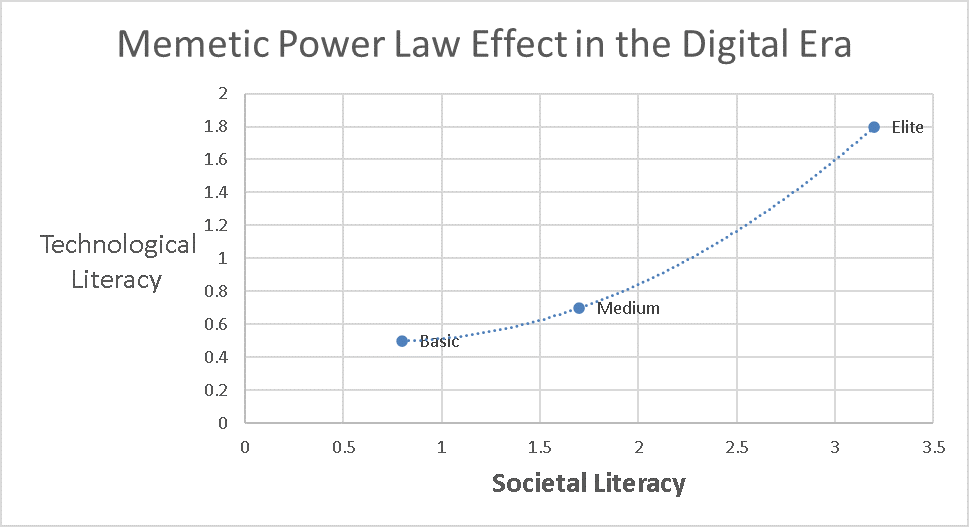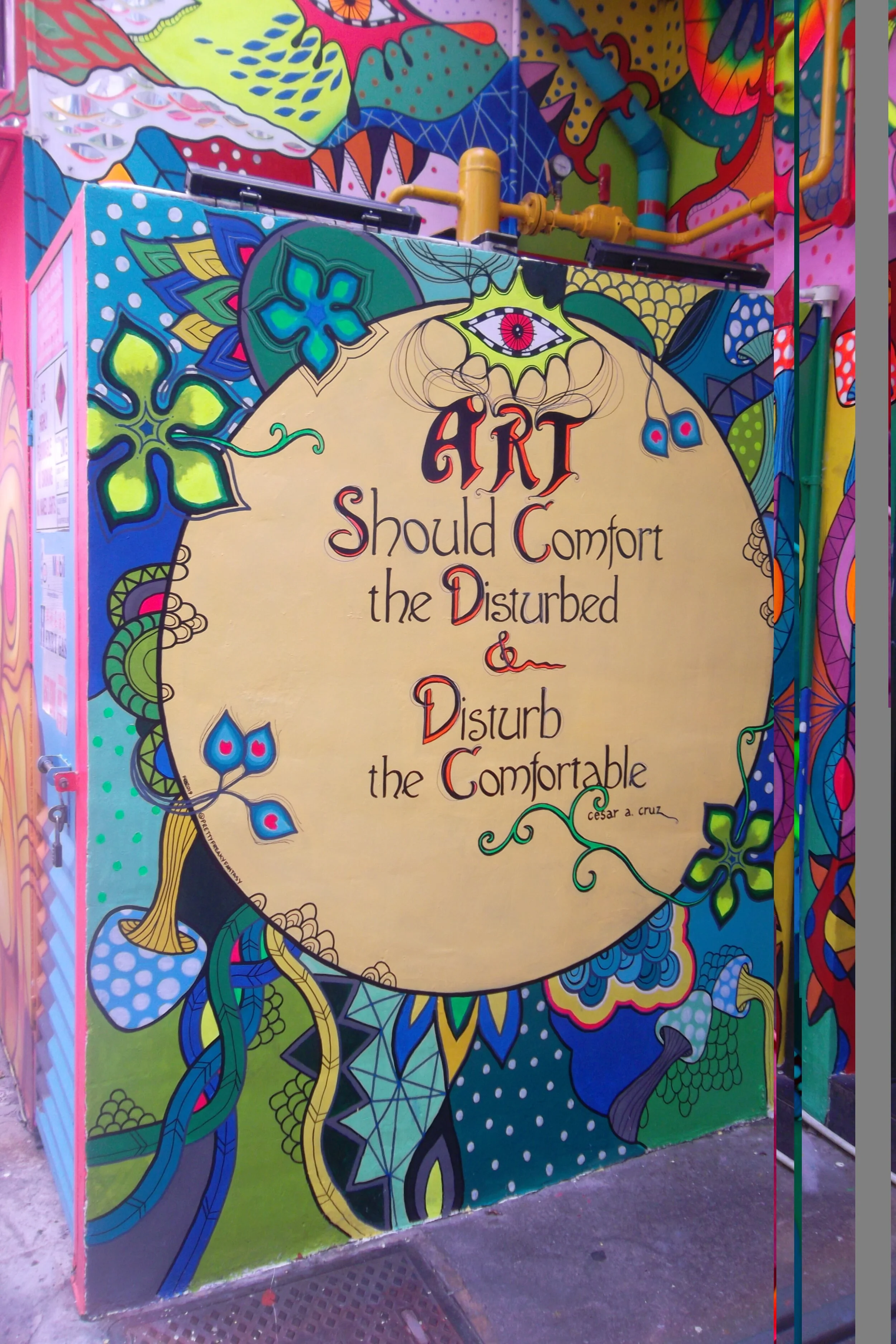The Appleton Ladies Potato Race play peels away layers to reveal modern Australia
20210605 Potato reflected image created by yamamedal of Japan_Shutterstock_1800613204
Today I saw the most wonderful play called The Appleton Ladies Potato Race. It was funny, honest, and revealing. More than that, I think it’s fair to call it timeless to a degree.
The play’s name gives the (false) impression that this is just a light bit of fluff with a small-town setting. If city audiences think that, as a result, it has nothing to say about modern Australia – and in fact, probably many nations, I strongly suggest they give it a chance. Another interesting thing about the play is that the impact of social media is included in the script, to both positive and negative effect. As so beautifully pointed out in the script, by making something social, it means that people’s opinions go from being whispered in the pub to being openly shouted in social media…. everything, including the dirty laundry, is now out in the open. This is a big difference to the pre-digital world.
The story is allegedly based upon a true experience of gender inequality. However, even though it happened, the race is just a device. The true genius of the play is just how closely observed each of the characters are, as well the social milieu they find themselves in. All of the five characters are female, and the script reflects a solidly female perspective of life in a country town.
The five characters
Bev Armstrong is a gruff, no-nonsense conservative. She’s not keen on any attempt to change the race that she’s helped to run for more than 30 years. She calls a spade a spade, and is clearly in charge because she’s capable – and because virtually no-one else turns up to help her do it.
But why is she like this? Well, she’s hiding a pretty difficult life at home – an incapacitated husband and a drug addicted son. It’s no wonder she sees the race duties as an escape, and why she takes no prisoners. She’s pretty blunt about anyone different; foreigners, lesbians, vegetarians. Oh, and she’s struggling with a medical issue….
So, it’s possible to think she’s a complete dinosaur, and best avoided. But of course, in a country town, as those who live there know, that’s not possible. And the other thing that the play reflects so well is that Bev is an instantly recognisable type. It is women like her, who have often rarely left town, who are actually the reason so many of our country towns are still here. They are the human equivalents of kurrajong trees; yes, they have rough bark, but they provide predictable, stable shelter for all comers in the cold, and shade in the heat. What I mean by this is that these women do what Bev does – they turn up behind the scenes, and offer no-nonsense, practical help. They also get stuff done.
Oddly enough, these women are often found paired with another type who soften their impact. In the play, Barb is cheerful, earnest, and somewhat innocent. She is used to being told what to do, but it doesn’t mean she’s a doormat. In fact, she is often the only one who can pull the Bevs of the world into line. She hasn’t let her limited horizons stop her from experiencing whatever comes her way. Unlike Bev, she’s not instinctively hostile to anything new.
Her back story? Her husband is alcoholic, and not having children of her own in a country town is really tough, which is why she hasn’t missed a single meeting of the show committee in over 20 years. And she is the aunty, whether actual or assumed, to many of the younger women in the town, but particularly to the two main younger characters in the play.
Soon after the play begins, we meet our third character, Nikki. While she’s aware of what’s going on beyond the town much more than Bev is, she is here because she has to be – as a single mother, four boys depend on her. At this stage, she sits halfway between Bev and Barb in terms of personality – not as scared of change as what Bev is, but rather blunt when she needs to be, and focused upon getting stuff done. She works at least two jobs, and the highlight of her year is the potato race, which she has won several times. She also has a kind heart, being one of the first people in the town to make refugee Rania feel properly welcome.
Rania is a good reflection of the fact that nothing stays still, despite her pleasure at the stability of this country town. After what she’s seen and experienced overseas, stability is nothing to sneeze at, and she has a broader, wiser view of the world than many of the locals seem to. But despite Nikki’s friendship, she’s still made to feel like an outsider, especially by Bev. And there comes a point where Rania has to decide whether she wants to be accepted as a quiet, well-behaved foreigner…or to stand up for her values as part of the freedom she fought so hard to find.
Finally, we have our protagonist Penny, who is Nikki’s cousin. She grew up in the town, but couldn’t move away fast enough. As a bookish teenager, she felt she didn’t fit in, despite Barb’s love and Nikki’s acceptance. But now, after a divorce, she has come home tree-change style to heal. She is a lesbian, vegetarian doctor…none of which goes down well with Bev when she has to visit Penny for medical help.
As the play unfolds, Penny’s city values clash repeatedly with those around her. The fulcrum of the play is that the prize for the men’s potato race is much more than the women’s race. Penny decides to change this with no thought for the consequences of those around her…or indeed, herself. She soon finds out that not everyone sees things as she does, and suffers the shock of being isolated and abused in her own home town. But it is when her values and world view clash with Nikki’s that the emotional cost of this really hits home for both of them.
Art Imitates Life
It’s probably, though, the tree change aspect of this that is most topical. Gentrification has been going on for a while, and together with social media, country towns everywhere cannot do their own thing the way that they used to. For a start, as we are discovering in 2021, many of our towns are heavily dependent upon tourism, especially domestic tourism. Nowhere can afford to gain a reputation as being insular, unfriendly or unwilling to accept diversity, because any conflict around this will soon spread virally. COVID19 has put the changes on steroids, with rising housing costs meaning that many long-term locals cannot afford to work and live in their own towns. Byron Bay is maybe the most famous example, due to the extreme wealth gap there, but the social dynamics are repeating everywhere.
The usual cliché around city dwellers is around them saying that they can’t find a decent coffee, or that they can’t find tradespeople to build or fix things, despite having paid 20% more for a house than what it was worth last year. They look down on the people who serve them their coffees, or care for their kids. They work from home, and buy their clothing and furniture online from the capital cities. When they meet their city friends, they complain that there are no local cultural outlets - without realising that not everything exists online. They are annoyed that the local school doesn’t offer music lessons, or the grass around the oval doesn’t get mown…without realising that the people who have done it for years have too much on their plates. People like Bev and her male equivalents, who don’t ask for help, but would really appreciate a hand.
On the flip side of the coin, many of the locals forget how many shops were empty in the main street even 5 years ago, and that their teenage kids can now find jobs after leaving school – even if they can’t afford to leave home. It’s not as quiet as it used to be…but the road to the swimming hole is finally being sealed, after 50 years of effort, because some of these city slickers know how to press the right buttons in the bureaucracy. Some of these newcomers have no idea how things work, forever getting bogged in wet weather or lost while bushwalking. They want to change everything, and no-one can tell a joke in the pub anymore in case someone gets upset. And they start new businesses, and build giant mansions, but don’t realise that the local fire brigade desperately needs more volunteers and more funding.
This play is powerful because it captures in microcosm what is going on in so many places, especially in 2021. There is probably scope for a similar play that highlights some of the darker aspects of these changes – including homelessness, government neglect, domestic violence, and racism…not to mention the vastly different parenting styles that may co-exist.
The stories we tell ourselves really matter
And more broadly, it actually speaks volumes around where Australia is up to socially. We’re no longer merely stoic ANZACS, weather-beaten battlers or bronzed lifeguards. And if not, then what type of stories do we tell about ourselves? Well, maybe the stories gradually come out of questioning the choices we collectively make. Do we hide in our giant, air-conditioned housing cocoons and watch Netflix each weekend, ignoring the homeless young person near the bus stop?
Do we invite our neighbours over for lunch if they have recently moved in? Do we make conversation with strangers while waiting to be served, or simply stick headphones in our ears? Do we volunteer to help when we see the need, or figure that someone else will do it? Do we mix with a wide range of people, or do we only spend time with people just like ourselves?
The answer is likely to be…. all of the above. Any one of us are capable of all of these behaviours, and all of it provides rich source material for our storytellers. One thing I’d like you to do is to visit and support our theatres, both professional and amateur. Yes, it may not be as polished as American TV shows on Netflix – but that’s the point. Our theatres are telling our stories in our voices, and reflecting us back to ourselves. And if we don’t support them, particularly coming out of COVID…. then in a short space of time, we won’t have many spaces left that tell stories we can all relate to. We’ll be left with our digital echo chambers…with all that entails, for better or worse.
What do you think? Let me know in the comments below…..







